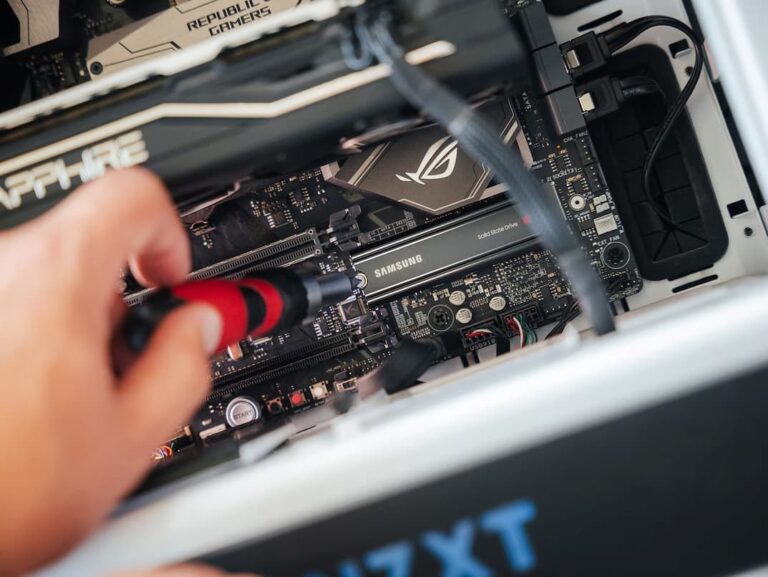In the digital age, depositing money into an online casino account requires a significant leap of faith. You’re entrusting a virtual entity with not only your funds but also your sensitive personal information. While the thrill of the game is what draws you in, it’s the silent, robust security architecture running in the background that makes it all possible. Many users fail to realize that a modern, reputable online casino operates less like a simple website and more like a financial institution. The core of its business isn’t just hosting games; it’s building and maintaining a digital fortress.
This fortress is not made of stone and mortar but of complex layers of code, protocols, and policies designed for one primary purpose: to ensure the absolute integrity and confidentiality of your data and transactions. Understanding this unseen armor is the first step toward becoming a savvy and secure online player. It’s about learning to distinguish the platforms built on a foundation of security from those that are not. This guide will peel back the curtain on the sophisticated technologies and procedures that keep you safe, transforming your understanding of what it means to play online securely.
The First Line of Defense: Encryption as the Digital Bodyguard
The moment you navigate to an online casino, its security measures are already at work. The most fundamental of these is encryption. At its core, encryption is the process of scrambling data into an unreadable format that can only be deciphered with a specific key. Think of it as a secret code that only your computer and the casino’s server can understand. This is accomplished through Transport Layer Security (TLS), the modern successor to the well-known Secure Sockets Layer (SSL).
You can verify this is active by looking for the small padlock icon in your browser’s address bar next to the website’s URL. This seemingly simple icon signifies that a powerful cryptographic protocol is protecting your connection. Modern casinos employ 256-bit AES (Advanced Encryption Standard) encryption, the same standard used by governments and militaries worldwide. To put its strength into perspective, a brute-force attack attempting to break 256-bit encryption would require more computing power than currently exists on the planet, taking billions of years to succeed. This ensures that any information you send—from your password to your credit card details—is completely shielded from eavesdroppers or attackers trying to intercept data in transit.
Beyond Encryption: A Multi-Layered Security Strategy

While encryption is a powerful frontline defense, it’s only one piece of the puzzle. A truly secure casino implements a multi-layered strategy that protects data at rest, secures financial transactions, and verifies user identity to prevent fraud. This holistic approach is what separates the best from the rest.
A critical component of this strategy is the handling of payments. Reputable casinos do not typically store your full credit card information on their servers. Instead, they integrate with Payment Card Industry Data Security Standard (PCI DSS) compliant payment gateways. These are specialized third-party processors (like Stripe, Adyen, or Worldpay) that are built from the ground up to handle sensitive financial data securely. When you make a deposit, you are often interacting directly with this secure gateway, which means the casino itself never needs to possess your most critical payment details, drastically reducing risk.
This focus on security is what builds the foundation of trust, allowing players to feel comfortable engaging with all aspects of the platform, from making deposits to taking advantage of promotional offers. A secure platform is what guarantees that a player’s new account and potential winnings are protected from the outset. Reputable platforms understand that even the most attractive deals, such as a bonus detailed at https://playfortune.net.br/bonus/50-rodadas-gratis/, are meaningless if players don’t trust the system to be fair and secure. This synergy between marketing and security is crucial for long-term player loyalty. Furthermore, casinos deploy advanced firewalls and Intrusion Detection Systems (IDS) that act as vigilant digital guards, constantly monitoring network traffic for suspicious patterns, blocking malicious bots, and mitigating attacks like Distributed Denial of Service (DDoS) that could disrupt service.
The Human Element: Licensing and Proactive Policies
Technology alone is not enough. The most robust security systems are underpinned by strong policies and regulatory oversight. This is where gaming licenses come into play. A license from a respected authority is a powerful indicator of a casino’s commitment to security. These regulatory bodies enforce a strict set of standards that operators must meet to maintain their license. Key requirements often include:
- Regular Audits: Independent third-party testing of Random Number Generators (RNGs) to ensure game fairness and security protocols to check for vulnerabilities.
- Segregated Funds: A mandate that the casino keeps player funds in separate bank accounts from its operational funds, ensuring that player money is protected even in the event of company insolvency.
- Know Your Customer (KYC): Mandatory identity verification processes designed to prevent underage gambling, identity theft, and money laundering.
- Responsible Gaming Tools: Providing players with tools to set deposit limits, take cooling-off periods, or self-exclude, which adds a layer of personal security.
Ultimately, a casino’s security is a clear reflection of its professionalism and its respect for the player. By understanding the interplay of advanced encryption, layered protocols, and stringent regulatory oversight, you can confidently identify the platforms that have truly earned your trust.









